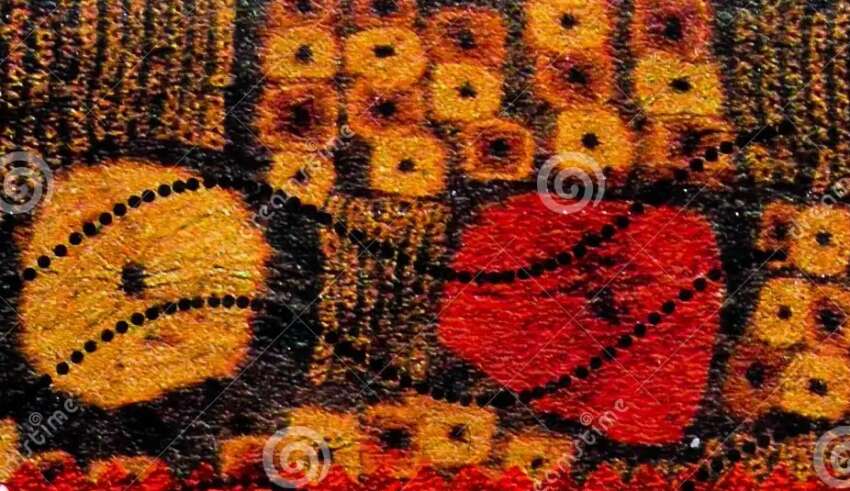
The defeat of France in the Franco-Prussian War in 1871 and the subsequent annexation by Germany of the French province of Alsace–Lorraine initially caused the French government to abandon its colonial ambitions and withdraw its military garrisons from its West African trading posts, leaving them in the care of resident merchants. In 1886, to support its claims of effective occupation, France again assumed direct control of its West African coastal trading posts and embarked on an accelerated program of exploration in the interior. By the end of the 1880s, France had established control over the coastal regions, and in 1889 Britain recognised French sovereignty in the area. France’s main goal was to stimulate the production of exports. Coffee, cocoa, and palm oil crops were soon planted along the coast. Ivory Coast stood out as the only West African country with a sizeable population of European settlers; elsewhere in West and Central Africa, Europeans who emigrated to the colonies were largely bureaucrats. As a result, French citizens owned one-third of the cocoa, coffee, and banana plantations and adopted the local forced-labour system.
Throughout the early years of French rule, French military contingents were sent inland to establish new posts. The African population resisted French penetration and settlement, even in areas where treaties of protection had been in force. Among those offering the greatest resistance was Samori Ture, who in the 1880s and 1890s was establishing the Wassoulou Empire, which extended over large parts of present-day Guinea, Mali, Burkina Faso, and Ivory Coast. Ture’s large, well-equipped army, which could manufacture and repair its own firearms, attracted strong support throughout the region. The French responded to Ture’s expansion and conquest with military pressure. French campaigns against Ture, which were met with fierce resistance, intensified in the mid-1890s until he was captured in 1898 and his empire dissolved.
France’s imposition of a head tax in 1900 to support the colony’s public works program provoked protests. Many Ivorians saw the tax as a violation of the protectorate treaties because they felt that France was demanding the equivalent of a coutume from the local kings, rather than the reverse. Many, especially in the interior, also considered the tax a humiliating symbol of submission. In 1905, the French officially abolished slavery in most of French West Africa.[ From 1904 to 1958, Ivory Coast was part of the Federation of French West Africa. It was a colony and an overseas territory under the Third Republic. In World War I, France organized regiments from Ivory Coast to fight in France, and colony resources were rationed from 1917 to 1919. Until the period following World War II, governmental affairs in French West Africa were administered from Paris. France’s policy in West Africa was reflected mainly in its philosophy of “association”, meaning that all Africans in Ivory Coast were officially French “subjects” but without rights to representation in Africa or France. Based on the assumed superiority of French culture, in practice the assimilation policy meant the extension of the French language, institutions, laws, and customs to the colonies. The policy of association also affirmed the superiority of the French in the colonies, but it entailed different institutions and systems of laws for the coloniser and the colonised. Under this policy, the Africans in Ivory Coast were allowed to preserve their own customs insofar as they were compatible with French interests.
An indigenous elite trained in French administrative practice formed an intermediary group between French and Africans. After 1930, a small number of Westernized Ivorians were granted the right to apply for French citizenship. Most Ivorians, however, were classified as French subjects and were governed under the principle of association. As subjects of France, natives outside the civilised elite had no political rights. They were drafted for work in mines, on plantations, as porters, and on public projects as part of their tax responsibility. During World War II, the Vichy regime remained in control until 1943, when members of General Charles de Gaulle’s provisional government assumed control of all French West Africa. French citizenship was granted to all African “subjects”, the right to organise politically was recognised, and various forms of forced labour were abolished.







